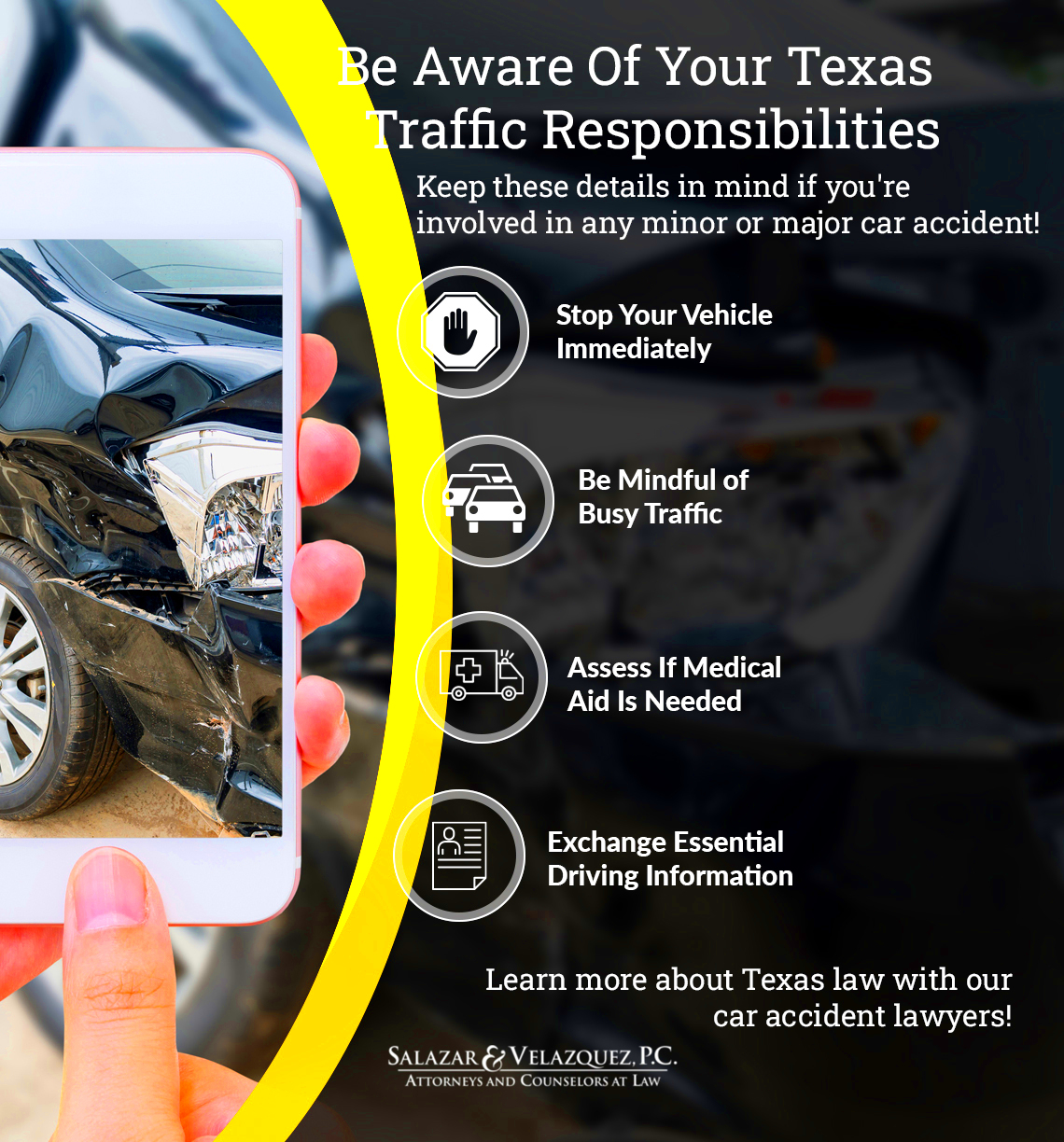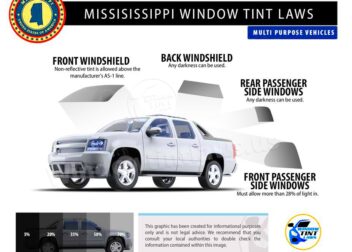Texas Traffic Stop Laws and Your Rights as a Motorist
Getting pulled over can be stressful, but knowing your rights makes the situation more manageable. In Texas, like everywhere else, you have certain legal protections when interacting with law enforcement. Understanding these rights helps ensure that you remain calm and confident during a traffic stop, whether it’s for a minor violation or something more serious.
In this section, we’ll explore the rights you have as a motorist, how you should handle the situation, and what the law expects from you. Being informed is the first step toward protecting yourself in any legal encounter.
What Can Lead to a Traffic Stop in Texas?

In Texas, several reasons can prompt a police officer to pull you over. The most common reasons include:
- Speeding or driving recklessly
- Failure to obey traffic signals or signs
- Suspicion of driving under the influence of drugs or alcohol
- Broken tail lights or other vehicle equipment violations
- Expired registration or inspection stickers
Officers can also stop you if they suspect you are involved in criminal activity. Even something as simple as a broken headlight can trigger a stop, so it’s essential to keep your vehicle in good condition and follow all traffic laws.
While these are typical reasons for traffic stops, remember that the officer must have a valid reason, also known as “reasonable suspicion,” to pull you over in the first place.
What Are Your Rights When Pulled Over by the Police?

As a driver, you have specific rights during a traffic stop. It’s important to know them so you can exercise them properly:
- Right to remain silent: You don’t have to answer any questions beyond providing basic information like your driver’s license, vehicle registration, and proof of insurance.
- Right to refuse a search: Unless the officer has probable cause, you can decline any requests to search your vehicle.
- Right to ask why you were stopped: You can politely ask the officer to explain the reason for the traffic stop.
- Right to film the interaction: In Texas, you are allowed to record your interaction with the police, as long as it doesn’t interfere with their duties.
However, while you have these rights, it’s crucial to remain respectful and cooperative with the officer. If your rights are violated, it’s better to handle the situation calmly and file a complaint later.
What to Expect During a Texas Traffic Stop

When you’re pulled over in Texas, understanding what typically happens can help reduce anxiety. Police officers follow a standard procedure during a traffic stop, and knowing what to expect ensures that the situation stays calm and controlled.
Here’s what usually happens:
- The stop: After the officer signals you to pull over, find a safe spot to park. Turn off your engine, roll down your window, and keep your hands visible on the steering wheel.
- Officer approaches: The officer will approach your vehicle, usually on the driver’s side, and ask for your driver’s license, proof of insurance, and vehicle registration.
- Explanation of the stop: The officer will typically explain the reason for pulling you over, such as speeding or a broken taillight.
- Issuing a ticket or warning: Depending on the situation, the officer may issue a citation, give a warning, or let you off without action.
Stay calm, and don’t argue with the officer on the spot. If you disagree with the citation, you can contest it in court later. Remaining polite and cooperative during the stop can significantly impact how smoothly the interaction goes.
How to Respond to Police Requests Legally
When interacting with police during a traffic stop, it’s important to know how to respond legally and respectfully. This will protect your rights while also showing that you are complying with the law.
Here are the steps to follow:
- Provide identification: Always hand over your driver’s license, vehicle registration, and proof of insurance when requested. These are legally required documents, and failure to provide them can lead to complications.
- Answer basic questions: While you have the right to remain silent, it’s courteous to answer simple questions like where you’re coming from or going, although you are not obligated to provide detailed information.
- Stay inside your vehicle: Unless instructed otherwise, remain inside your vehicle. Sudden movements or stepping out without permission could be seen as a threat.
- Refuse unlawful searches: You can legally refuse a search if the officer doesn’t have a warrant or probable cause. Simply say, “I do not consent to a search.”
Remaining polite but firm in your responses is the key to ensuring your rights are respected without escalating the situation. If you feel your rights are being violated, handle it after the fact through the proper legal channels.
Situations Where the Police May Search Your Vehicle
In Texas, police generally need a valid reason, or “probable cause,” to search your vehicle. However, there are situations where they may be allowed to conduct a search without your consent or a warrant.
Here are some of the common scenarios:
- Probable cause: If the officer believes there is evidence of a crime in your vehicle (for example, they smell marijuana or see open containers of alcohol), they can search without your permission.
- Consent: If you voluntarily allow the officer to search your car, they do not need a warrant. It’s important to know that you can refuse this request if they don’t have probable cause.
- Incident to arrest: If you are arrested during the traffic stop, the officer can search your vehicle for weapons or evidence related to your arrest.
- Plain view doctrine: If illegal items are in plain sight (like drugs or weapons on the seat), officers can search your vehicle based on that observation alone.
Knowing these situations can help you decide how to respond if an officer requests to search your car. If you refuse the search and they conduct it anyway, document the interaction for potential legal action later.
Common Mistakes Motorists Make During Traffic Stops
During a traffic stop, it’s easy to make small mistakes that can escalate the situation. Even well-intentioned actions can be misunderstood by law enforcement. Being aware of these common errors helps you avoid unnecessary complications during a stop.
Here are some of the most frequent mistakes motorists make:
- Arguing with the officer: Disputing the reason for the stop on the spot rarely leads to a positive outcome. If you believe the officer is wrong, it’s better to contest the ticket later in court.
- Moving suddenly or reaching without warning: Sudden movements, such as reaching for your glove compartment without telling the officer, can raise suspicion or cause unnecessary alarm. Always inform the officer of your actions before making them.
- Failing to provide required documents: Forgetting to hand over your driver’s license, registration, or proof of insurance can lead to additional charges or delays in resolving the stop.
- Admitting fault: While it’s important to be honest, directly admitting to a traffic violation can be used against you. It’s better to politely listen and cooperate without making admissions on the spot.
- Refusing to roll down the window: Some motorists hesitate to fully engage with officers by keeping their windows closed or slightly cracked. This may make the situation more tense and could lead to further issues.
Avoiding these mistakes can help the stop go more smoothly and minimize any potential legal consequences.
FAQ: Texas Traffic Stop Laws
Here are answers to some of the most common questions motorists have about traffic stop laws in Texas:
| Question | Answer |
|---|---|
| Can I refuse to answer questions? | Yes, you can refuse to answer any questions beyond providing your identification, registration, and proof of insurance. You are not required to discuss your travel plans or personal information. |
| Can the officer search my car without my consent? | No, unless the officer has probable cause or you are under arrest, they cannot search your vehicle without your consent or a warrant. |
| Can I record the traffic stop? | Yes, in Texas, you have the right to record your interaction with the police as long as it doesn’t interfere with their duties or put anyone in danger. |
| What happens if I refuse a field sobriety test? | Refusing a sobriety test can result in the suspension of your driver’s license under Texas’ “implied consent” law, even if you’re not convicted of a DUI. |
Knowing the answers to these common questions can help you feel more prepared and informed if you’re ever pulled over.
Conclusion: Knowing Your Rights as a Motorist in Texas
Being aware of your rights during a Texas traffic stop is essential for ensuring a calm and controlled interaction with law enforcement. From understanding the common reasons for being pulled over to knowing when an officer can legally search your vehicle, staying informed protects you from unnecessary complications.
Remember, staying polite, calm, and cooperative while clearly asserting your rights is the best approach. If you feel that your rights have been violated during the stop, take note of the details and handle it through the appropriate legal channels later.
By knowing your rights, you empower yourself as a motorist and can navigate any traffic stop with confidence and clarity.


